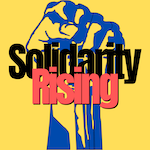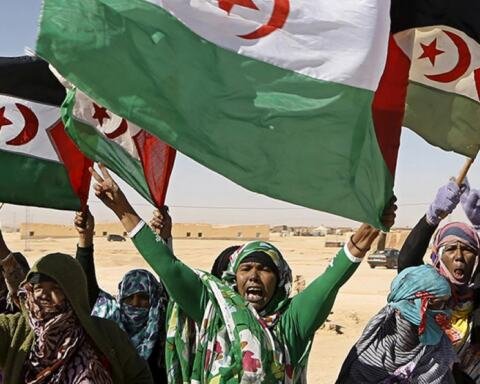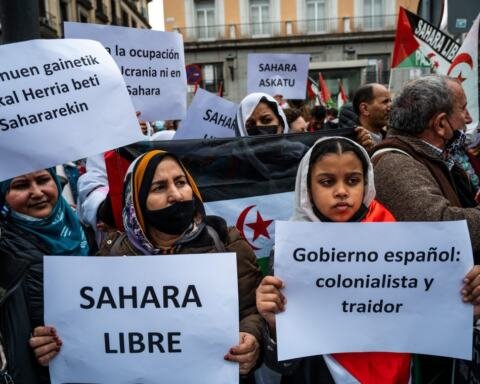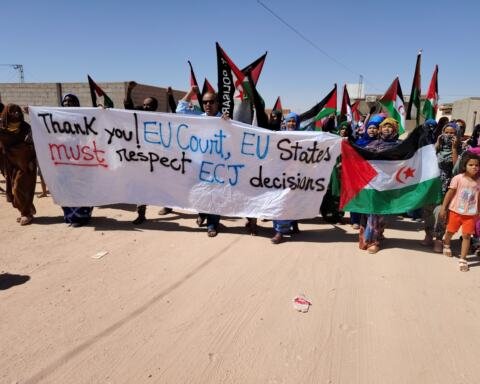Over recent years, international pressure has been increasing for the inclusion of a human rights monitoring mechanism within the MINURSO mandate, thus putting an end to an anomaly among current UN peacekeeping missions. This profile argues that, in the context of the Moroccan proposal for autonomy as the final settlement of the Western Sahara conflict, it makes little sense for Morocco to spend – as it currently does – extensive political capital on opposing such a mechanism.
Territorial autonomy is almost exclusively dealt with within a human rights framework, and respect for human rights is considered a sine qua non for a functioning autonomy. The fear that such monitoring would weaken Moroccan sovereignty seems overblown: autonomy arrangements regularly have international oversight mechanisms built into them.
Full article
The-MINURSO-Mandate-Human-Rights-and-the-Autonomy-Solution-for-Western-SaharaSource: Taylor & Francis Online
Support our work
Support our work
Support our work with a one-off or monthly donation
AuthorAnna KhakeeYear2014Pages8LanguageEnglish
Share via
Related resources
The Western Sahara Dispute: A Cautionary Tale for Peacebuilders
The UN and MINURSO have succeeded neither inconducting a referendum nor in…
Western Sahara as a Hybrid of a Parastate and a State-in-Exile: (Extra)territoriality and the Small Print of Sovereignty in a Context of Frozen Conflict
Within the liminal universe of parastates, what makes Western Sahara/SADR…
The Front Polisario Verdict and the Gap Between the EU’s Trade Treatment of Western Sahara and Its Treatment of the Occupied Palestinian Territories
Morocco’s control over Western Sahara and Israel’s control of the West Bank…



